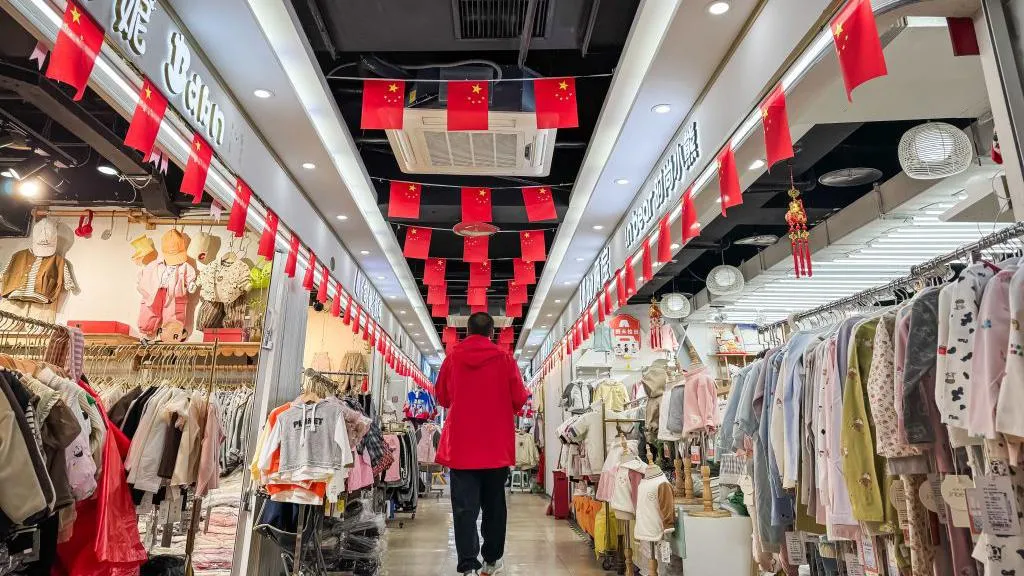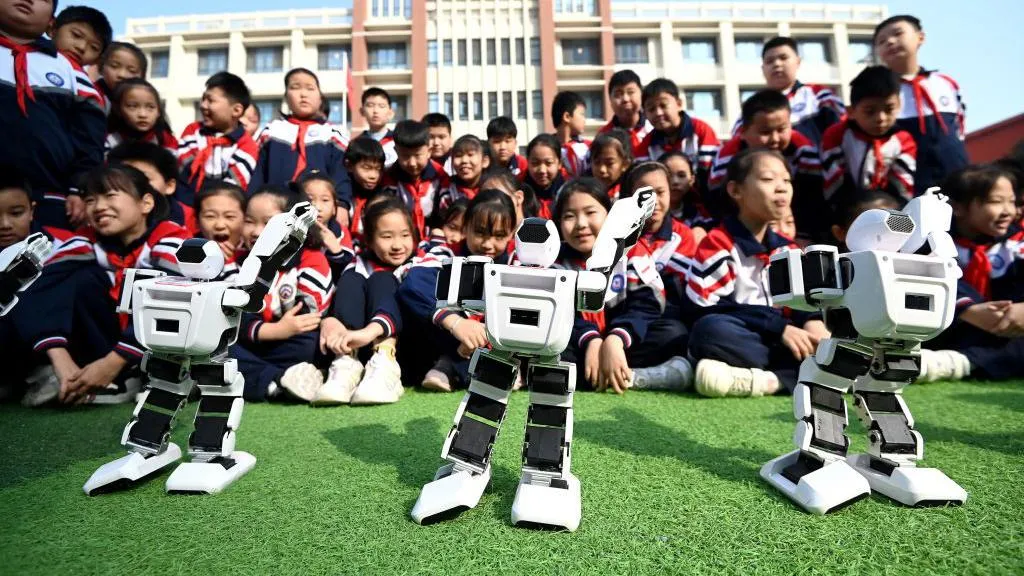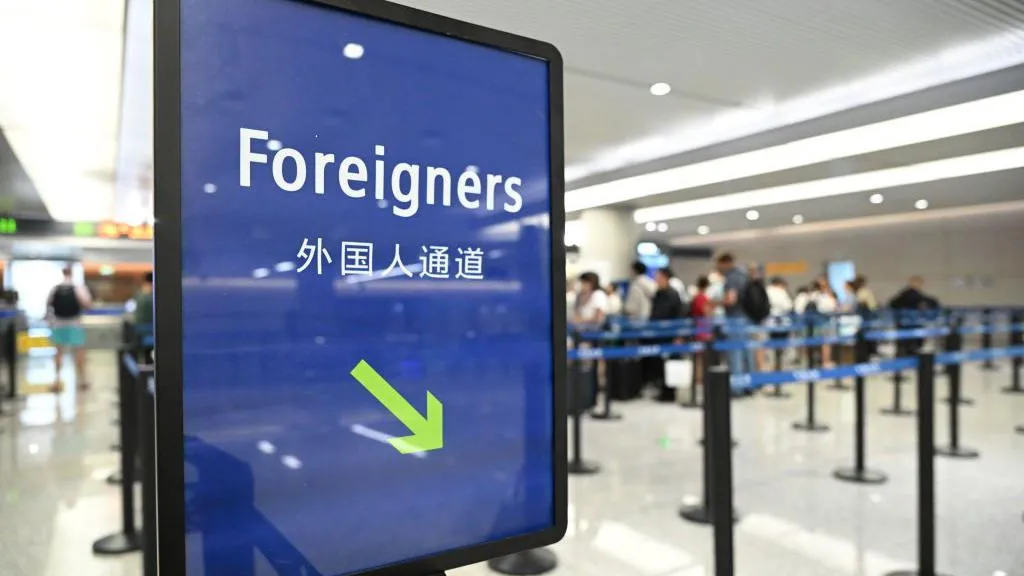When China introduced the new K visa in August, it attracted little initial attention. However, it gained visibility after Indian media compared it to the U.S. H-1B visa, widely used by Indian professionals. The comparison sparked debate in China, where concerns emerged about potential job competition in an already slow-moving market. On social media, thousands of users questioned whether prioritizing foreign professionals was fair, with some voicing worries about language barriers and cultural adaptation. The discussion also revealed xenophobic undertones, particularly directed at Indian nationals. In response, state media published commentaries highlighting the visa as a symbol of China’s openness, while clarifying it should not be mistaken for a work permit or immigration pathway.

What is a K visa?
The K visa is designed for individuals in STEM fields (science, technology, engineering, and mathematics) and applies to those engaged in education, research, culture, entrepreneurship, and business activities. Applicants are expected to hold at least a bachelor’s degree from recognized universities in China or abroad, or to work at those institutions. Unlike traditional work permits, the visa does not require employer sponsorship and offers flexibility in entries, duration of stay, and validity. Authorities, however, have not yet clarified whether the visa grants permission to work in China, leaving key questions unresolved.
Chinas ambitions and limits
The timing of the visa’s rollout coincides with changes to the U.S. H-1B program, including fee increases under the Trump administration. This has created an opportunity for China to position itself as an alternative destination for global talent. The initiative aligns with broader efforts to attract academics, researchers, and professionals, supported by China’s.
Despite these ambitions, the visa faces limitations. Public backlash underscores skepticism toward perceived advantages for foreigners, and language remains a significant barrier for non-Mandarin speakers. More critically, experts point out that China’s tightly controlled political climate could constrain creativity and innovation, raising questions about the long-term appeal of the program for foreign professionals.

Reference
Wang, F. (2025, 1 October). China launches a new visa to attract tech talent, but locals aren’t happy. https://www.bbc.com/news/articles/cvg4eeerzrwo
